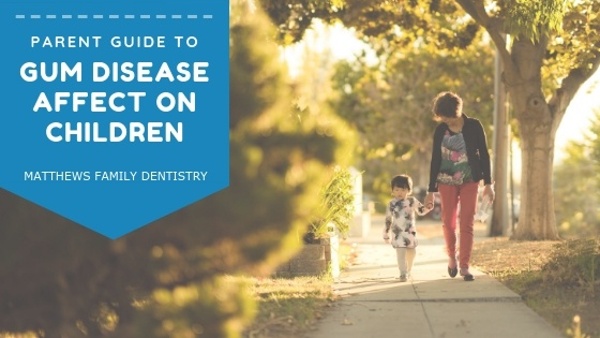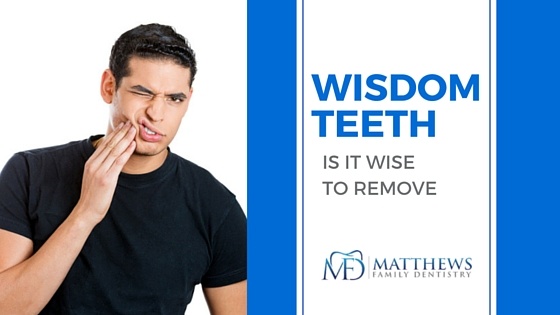
Parent Primer: What Is Gum Disease And How Can It Affect Your Child?
May 17, 2017
The Dangers of Thumbsucking & Pacifier Use
June 4, 2017
- Wisdom teeth may be impacted, or unable to erupt, and can cause problems such as infection or cyst formation.
- Wisdom teeth may only partially erupt. When this happens, food gets caught in the gums and may cause an infection, swelling, growth of a tumor or cyst and pain.
- There is a chance that poorly aligned wisdom teeth will damage adjacent teeth.
- A cyst (fluid-filled sac) may form near the wisdom teeth, destroying surrounding structures such as bone or tooth roots.
If wisdom teeth have erupted, the key to preserving them is maintaining good oral health by brushing twice a day and going to see a dentist regularly.
What is an impaction?
When wisdom teeth cannot erupt properly, they are referred to as “impacted.” Teeth that have not erupted are not necessarily impacted. It may be that it is still too early in a person’s dental development, and as time passes, the teeth may grow in properly. A dentist must examine a patient’s mouth and x-rays to determine whether the teeth are impacted or will grow in properly. Impacted teeth can result in infection, decay of adjacent teeth, gum disease or formation of a cyst or tumor. Many dentists recommend removal of impacted wisdom teeth to prevent potential problems.

